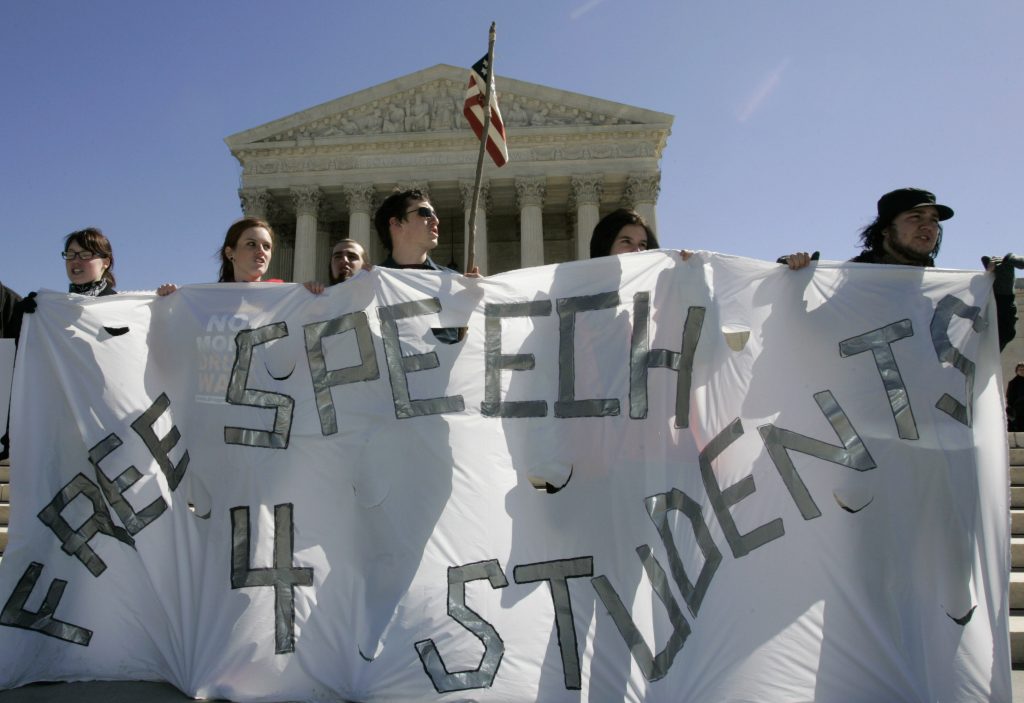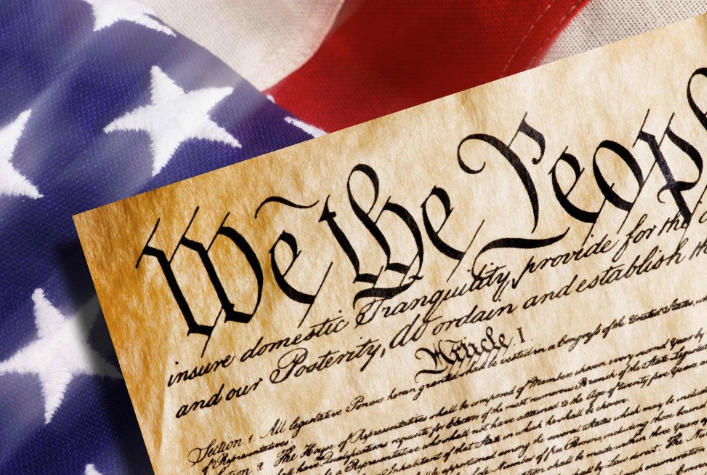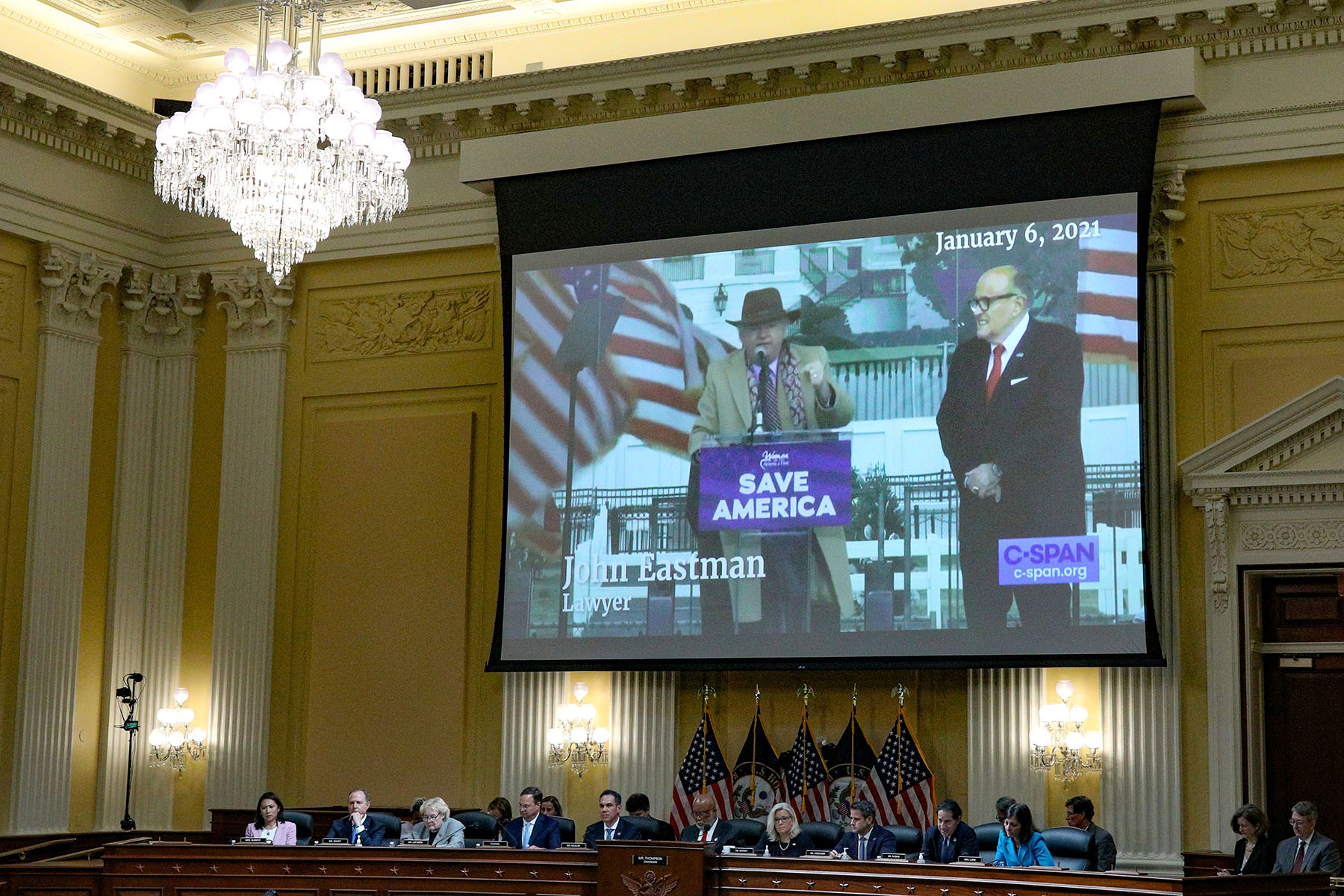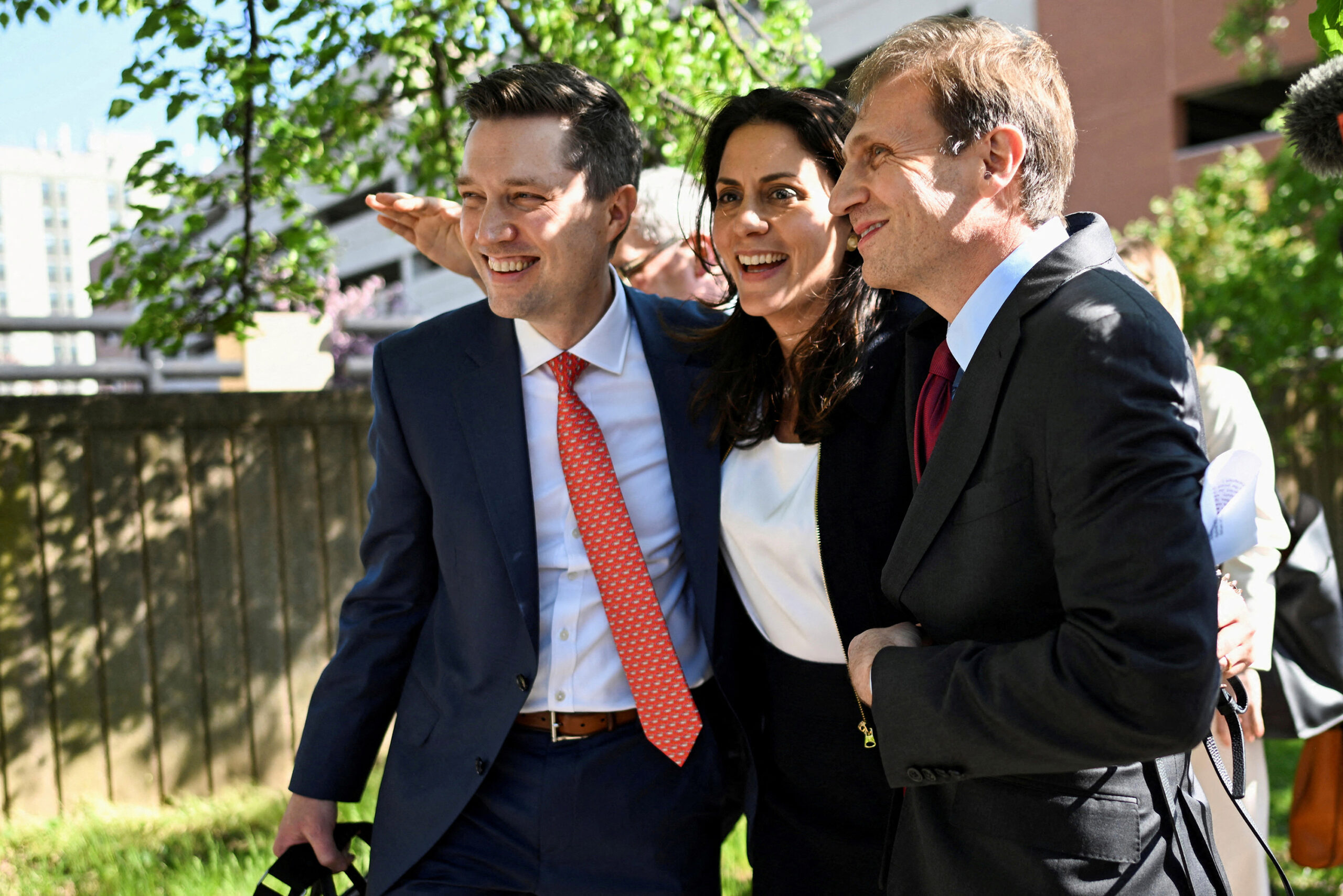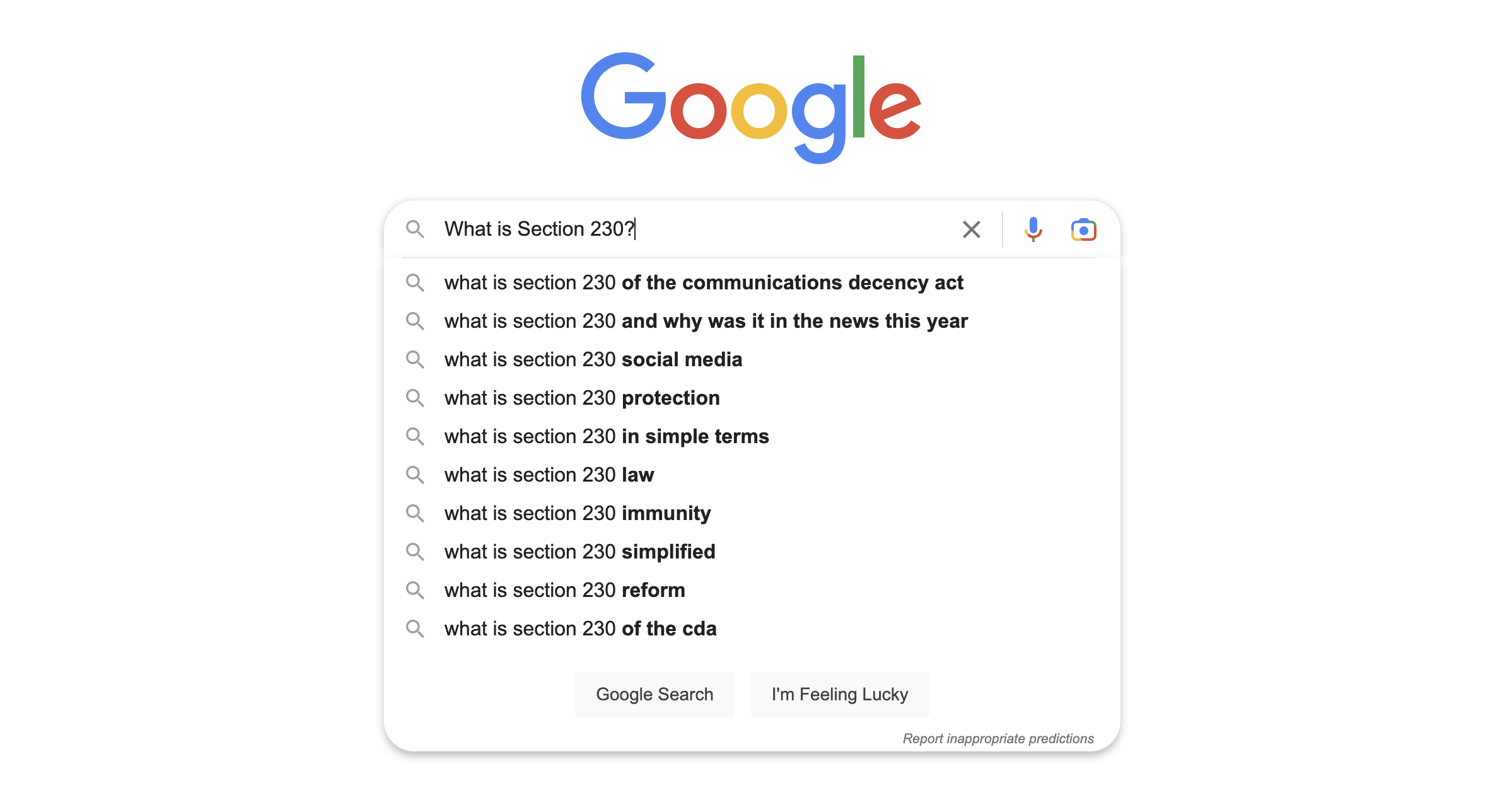By Azhar Majeed
One would think that those running Stanford Law School—an elite law school within an elite university—would know well what students’ First Amendment rights are, and what speech is protected by those rights.
That’s why it was so jarring to see administrators there recently threaten a student’s graduation over a satirical email he sent to the law school community.
Thankfully, Stanford ultimately backed off and allowed the student to graduate. But the fact that this highly visible episode took place at all not only speaks poorly about the climate for free expression at Stanford, it sets a bad example that may be replicated at other universities by censorship-minded administrators.
The controversy also highlights the restrictions often faced by satire and parody.
Law student Nicholas Wallace found himself in hot water last week for lampooning Stanford Law School’s student chapter of the Federalist Society. Wallace had sent a satirical flier via email to fellow law students back in January, suggesting a mock event hosted by the Federalist Society chapter entitled “The Originalist Case for Inciting Insurrection.”
Wallace’s email came in response to the January 6th insurrection at the U.S. Capitol, and his made-up event featured a discussion supposedly hosted by the conservative and libertarian student group at Stanford Law School.
For instance, his flier declared, in relevant part: “Although widely believed to conflict in every way with the rule of law, violent insurrection can be an effective approach to upholding the principle of limited government.”
Members of the group filed a complaint with the university in March, though Stanford did not take action until late May. The complaint claimed that Wallace had “defamed” the student group and caused it significant harm. On May 27th—the final day of classes—a dean at the law school informed Wallace that his graduation was being put on hold due to potential misconduct.
Ultimately, on advice of its legal counsel, Stanford dropped the matter and allowed Wallace to graduate.
However, the damage has been done in terms of the climate for free speech at the law school and perhaps at Stanford as a whole. Indeed, seeing a fellow student being brought up on charges and having his graduation threatened must have a chilling effect on the willingness of other students to speak out, debate, and exercise their own First Amendment rights.
Though Stanford is a private institution, it does commit itself to freedom of expression in official policy, thereby giving students, as well as faculty members, the logical expectation that the university will uphold their right to engage in a wide range of commentary and discussion.
Moreover, Stanford is legally bound by California’s “Leonard Law,” a unique state law that binds private, non-sectarian universities in the state to the same free speech standards required by the U.S. Constitution and the California state constitution.
Quite simply, under both the Leonard Law and its own policies, Stanford may not do what it did in this case.
This episode is also the latest reminder of the extent to which satire and parody protected by the First Amendment remains prone to censorship, including from colleges and universities.
Perhaps it is not surprising that speech that is inherently meant to challenge, provoke, or offend draws the ire of authorities. Yet under our nation’s longstanding legal precedents—including well known Supreme Court decisions such as Hustler Magazine, Inc. v. Falwell (1988)—satire and parody are generally protected by the First Amendment.
That’s why it is so disheartening to see cases like this recent one at Stanford. Hopefully it will be an aberration, and not a trend, in higher education.
Azhar Majeed is a free speech attorney and contributor to First Amendment Watch.
Tags
